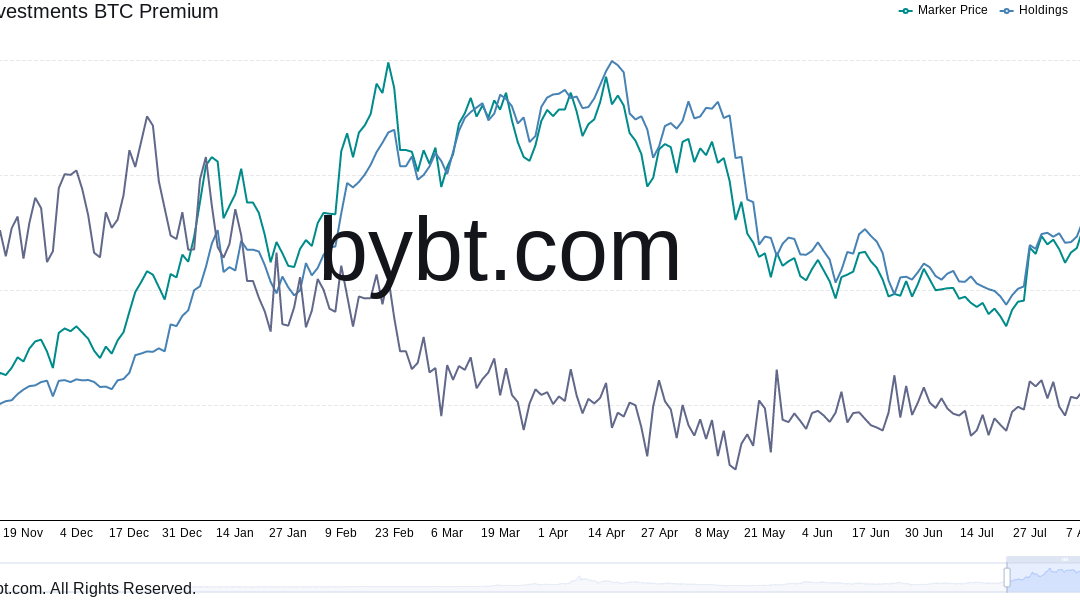Bitcoin (BTC) is getting compared to late 2020, but this rally in fact has several major differences that make it “not normal.”
According to Pete Humiston, manager of Kraken Intelligence Research, Bitcoin in Q3 2021 is a different beast when compared to Q4 2020.
GBTC keeps its steep discount
Despite going from $29,000 to $48,000 in just one month, Bitcoin is still not seeing a frenzy of interest and buying.
Higher price levels have seen solid support, but there is little evidence of the kind of demand that characterized the start of this year or the end of the last.
A case in point is the Grayscale Bitcoin Trust (GBTC), which continues to trade at a discount of around 13% to spot price this week.
Even though Bitcoin has increased in price, GBTC demand has not entirely increased in step, and even the discounted rate is not being treated as a steal by many institutional investors.
At the depths of BTC’s price retraction, the GBTC premium stood at around -20%.
“Although up from its 20% discount set in May, GBTC is still trading at a big discount (-10%),” Humiston noted.
“As demand really starts to pick up again, which it seems it hasn’t, we’ll likely see this discount fade as market participants jump at the opportunity to own $BTC exposure at a discount.”
Funding rates lag price performance
Two more factors singling out the current Bitcoin market structure are low open interest on Bitcoin futures and lower-than-expected funding rates.
Related: BTC eyes $50K breakout despite most ‘greed’ since all-time highs: 5 things to watch in Bitcoin this week
Both contrast with the start of the 2020 bull run and go against the grain, given the pace of price increases over the past month.

“In the time that we’ve seen $BTC move from $30K → $48K, open interest has fallen, and the bitcoin perp. funding rate is still relatively low (albeit positive),” Humiston added.
“Neither have really followed BTC’s massive rally, which comes as a surprise and isn’t really normal.”
Nonetheless, funding rates are now more positive than at any time since the May price crash.















